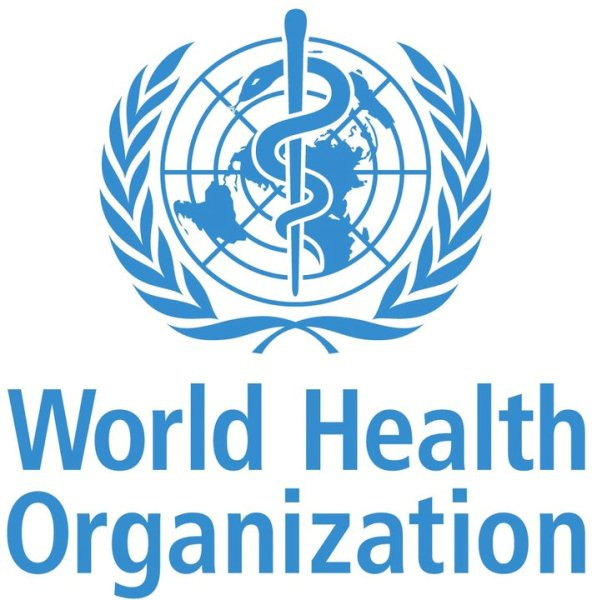Coronavirus - Africa: More than 150 countries engaged in COVID-19 vaccine global access facility
“COVAX is the only truly global solution to the COVID-19 pandemic,” said Dr Seth Berkley, CEO of Gavi, the Vaccine Alliance.

Seventy-five countries submit expressions of interest to COVAX Facility, joining up to 90 further countries which could be supported by the COVAX Advance Market Commitment (AMC).
The COVAX Facility, and the AMC within it, is designed to guarantee rapid, fair and equitable access to COVID-19 vaccines for every country in the world, rich and poor, to make rapid progress towards slowing the pandemic; interest from governments representing more than 60% of the world’s population offers ‘tremendous vote of confidence’ in the effort to ensure truly global access to COVID-19 vaccines, once developed.
Seventy-five countries have submitted expressions of interest to protect their populations and those of other nations through joining the COVAX Facility, a mechanism designed to guarantee rapid, fair and equitable access to COVID-19 vaccines worldwide.
The 75 countries, which would finance the vaccines from their own public finance budgets, partner with up to 90 lower-income countries that could be supported through voluntary donations to Gavi’s COVAX Advance Market Commitment (AMC).
Together, this group of up to 165 countries represents more than 60% of the world’s population.
Among the group are representatives from every continent and more than half of the world’s G20 economies.
“COVAX is the only truly global solution to the COVID-19 pandemic,” said Dr Seth Berkley, CEO of Gavi, the Vaccine Alliance.
“For the vast majority of countries, whether they can afford to pay for their own doses or require assistance, it means receiving a guaranteed share of doses and avoiding being pushed to the back of the queue, as we saw during the H1N1 pandemic a decade ago. Even for those countries that are able to secure their own agreements with vaccine manufacturers, this mechanism represents, through its world-leading portfolio of vaccine candidates, a means of reducing the risks associated with individual candidates failing to show efficacy or gain licensure.”
The COVAX Facility forms a key part of the COVAX pillar (COVAX) of the Access to COVID-19 Tools (ACT) Accelerator, a ground-breaking global collaboration to accelerate the development, production, and equitable access to COVID-19 tests, treatments, and vaccines.
COVAX is co-led by Gavi, the Coalition for Epidemic Preparedness Innovations (CEPI) and WHO, working in partnership with developed and developing country vaccine manufacturers. COVAX aims to accelerate the development and manufacture of COVID-19 vaccines, and to guarantee fair and equitable access for every country in the world.
It will achieve this by sharing the risks associated with vaccine development, investing in manufacturing upfront so vaccines can be deployed at scale as soon as they are proven successful, and pooling procurement and purchasing power to achieve sufficient volumes to end the acute phase of the pandemic by 2021.
“This early level of interest represents a tremendous vote of confidence in COVAX and our shared goal to protect people around the globe through the fair allocation of a COVID-19 vaccine,” said Dr Richard Hatchett, CEO of CEPI.
“COVAX offers an innovative solution to the gravest public health crisis in living memory. It will speed up the availability of safe and effective vaccines through early investment in manufacturing capacity, and maximise the chances of success by backing a broad and diverse portfolio of vaccine candidates. Through COVAX our aspiration is to be able to vaccinate the most vulnerable 20% of the population of every country that participates, regardless of income level, by the end of 2021. Ensuring fair access is not only a matter of equity; it is the fastest way to end this pandemic”
The goal of COVAX is by the end of 2021 to deliver two billion doses of safe, effective vaccines that have passed regulatory approval and/or WHO prequalification.
These vaccines will be delivered equally to all participating countries, proportional to their populations, initially prioritising healthcare workers then expanding to cover 20% of the population of participating countries. Further doses will then be made available based on country need, vulnerability and COVID-19 threat.
The COVAX Facility will also maintain a buffer of doses for emergency and humanitarian use, including dealing with severe outbreaks before they spiral out of control.
“The COVID-19 pandemic, like every health crisis, also presents us with opportunities,” said Dr Soumya Swaminathan, WHO Chief Scientist. “A vaccine that is affordable and accessible to all will help us address systemic health inequalities. We need all countries to support COVAX to achieve this goal and bring an end to the acute phase of the pandemic.”
The success of these efforts will ultimately depend on securing enough funding from governments and commitments from vaccine manufacturers to participate at a scale large enough to deliver a global solution.
The formal expressions of interest submitted are non-binding; the COVAX pillar will now begin a process of consultation with all 165 countries, with countries funding vaccines through their own domestic budgets being required to provide an upfront payment and a commitment to purchase doses by the end of August to secure involvement in the COVAX Facility.
Significant progress has been achieved by the COVAX partners to date, with seven of the nine candidate vaccines supported by CEPI already in clinical trials.
A memorandum of understanding with AstraZeneca also commits them to supply 300 million doses of COVID-19 vaccines to COVAX.
In addition, in June Gavi launched the COVAX Advance Market Commitment (AMC), a financing instrument aimed at incentivising vaccine manufacturers to produce sufficient quantities of eventual COVID-19 vaccines to ensure access for developing countries.
The AMC has already raised close to US$ 600 million against an initial target of US$ 2 billion from high income donors as well as the private sector.
The Gavi Alliance will also work with the developing countries to assure readiness of supply and cold chain and training to reach high risk groups.



